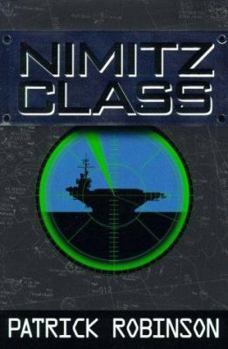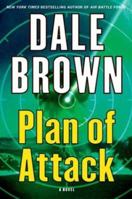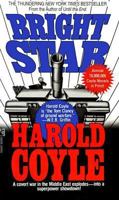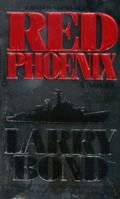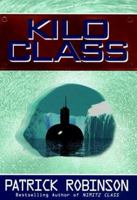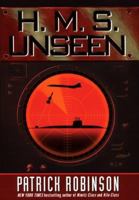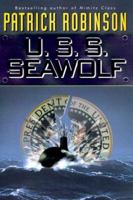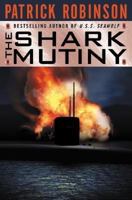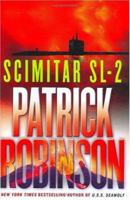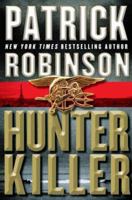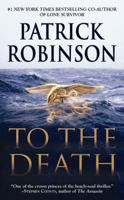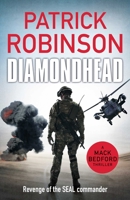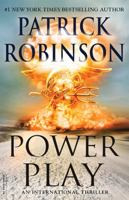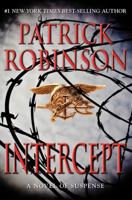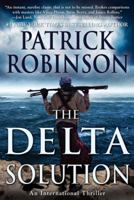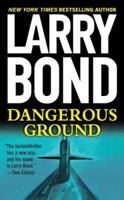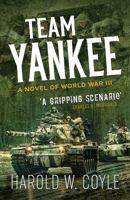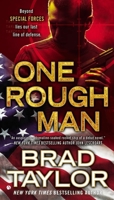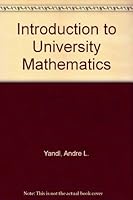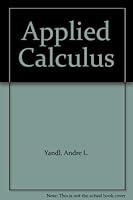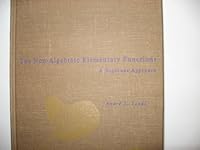Nimitz Class
(Book #1 in the Admiral Arnold Morgan Series)
You Might Also Enjoy
Customer Reviews
Rated 5 starsSuper story for submarine fans
That was one of the best books I have read on modern submarine warfare and the story was also very good. The elimination of a US supercarrier by a single nuclear-tipped torpedo was presented in an exciting way, as was the hunting of the renegade submarine that followed. The episode of the British sub passing through the Bosporus Straights was absolutely marvellous and I wish Robinson had devoted some more pages to the hunting...
0Report
Rated 5 starsNimitz Class - A well told Naval/Political thriller!
After seeing this particular title and Patrick Robinson's other titles in the stores last year I decided to purchase them all based on the back cover descriptions. Prior to reading "Nimitz Class," I decided to check the other reviews to see how well the book was received and was somewhat disappointed to see that the majority of the reviews didn't hold this title in a particularly favorable light. With this in mind, I opened...
0Report
Rated 5 starsAn excellent edge of your seat thriller!
Nimitz Class is an excellent book that I found had some irrelevant components in the beginning, but 50 pages in, it is very good, and hard to put down. It truly is a great book to read during a long vacation that you have a lot of time to read.
0Report
Rated 5 starsFantastic and Imaginative
I don't understand why people are being so hard on this book. It takes place in 2002, I think some things may have changed by then. People don't account for this and just put the book down. It may not be the best book I have read but it is sure as heck not the worst.
0Report
Rated 5 starsClassy techno thriller...hard to put down
Robinson uses the phrase, "the great man" for just about anyone of statue or rank throughout the book. It becomes a "buzz word" for anyone of rank or position who the author apparently holds in awe..."the great man (U.S. president); "the great man" (Bristish admiral}; "the great man" (Israeli general); etc...etc.. otherwise it was/is a very interesting work which held my attention throughout
0Report











